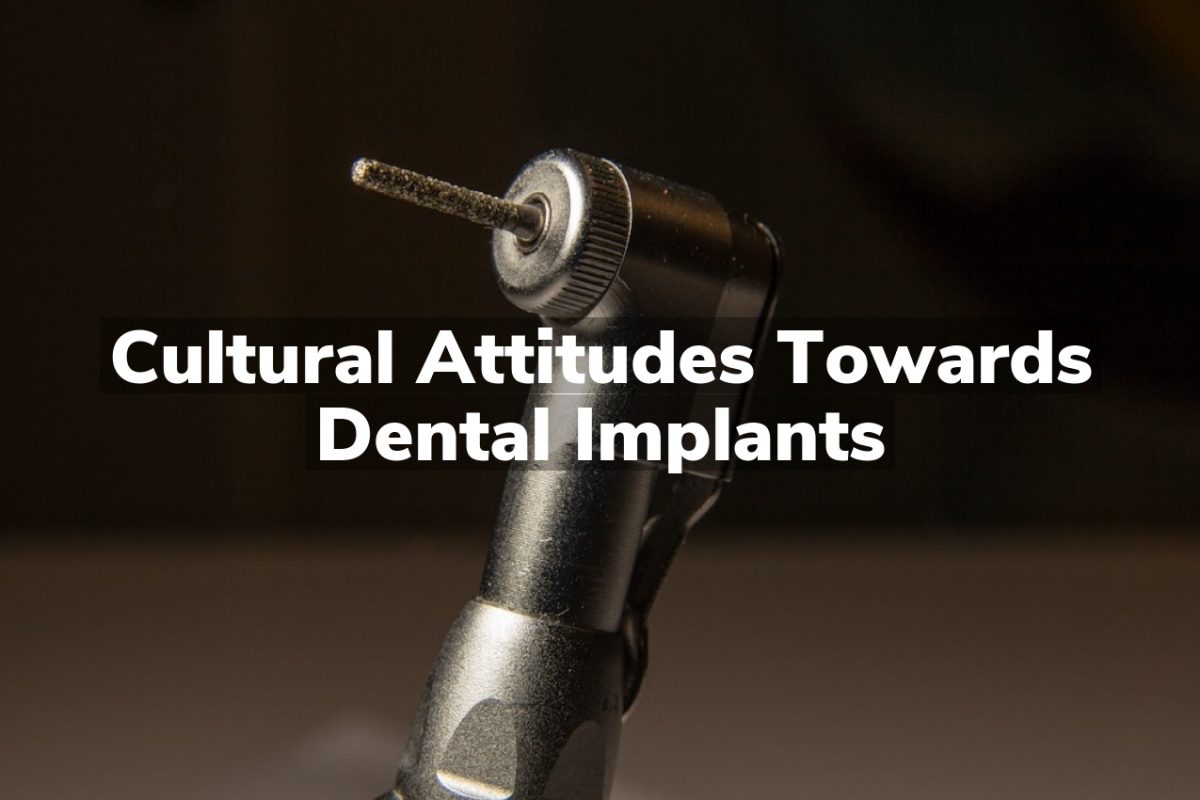How do cultural attitudes towards dental implants vary across the globe? While some cultures view dental implants as a positive advancement in dental care, embracing the technology for its ability to restore smiles and confidence, others may have reservations, influenced by traditional beliefs or concerns about modern medical interventions. This diversity in perception highlights the complex interplay between culture, health, and technology.
Historical Perspectives on Tooth Replacement
The journey of tooth replacement techniques, including dental implants, is a fascinating reflection of human ingenuity and the evolution of medical practices. Historically, societies have always sought ways to deal with tooth loss, whether due to disease, decay, or injury. The earliest attempts at dental implants can be traced back to ancient civilizations, where materials like bamboo pegs in China and carved stones in Egypt were used to replace missing teeth. These early endeavors highlight a universal desire to restore function and aesthetics, underscoring the importance of dental health across cultures and eras.
In more recent history, the development of dental implants has seen remarkable advancements, with technology playing a pivotal role in improving their effectiveness and accessibility. This progress is not only a testament to the advancements in dental science but also reflects changing cultural attitudes towards oral health and the acceptance of dental implants as a viable solution for tooth loss. For instance, the integration of dental implants into specialized fields such as sports medicine showcases their growing relevance and application. An interesting exploration of this can be found in the context of Dental Implants in Sports Medicine, highlighting their critical role in not only restoring function but also in enhancing the quality of life for athletes and individuals leading active lifestyles.
Global Acceptance of Dental Implants
The perception and acceptance of dental implants vary significantly across different cultures and regions around the world. In many Western countries, dental implants are widely regarded as a standard solution for missing teeth, thanks to advancements in dental technology and increased awareness about oral health. These societies often view dental implants as a way to improve quality of life, enhancing not only the functionality of teeth but also the aesthetic appeal of one’s smile. On the other hand, in some parts of the world, traditional beliefs and economic factors may influence the acceptance and accessibility of such dental treatments. Despite these differences, there is a growing global trend towards recognizing the benefits of dental implants, driven by international research, cross-cultural exchanges in dental practices, and the universal desire for improved oral health.
As awareness and education about dental health continue to spread globally, more individuals are considering dental implants as a viable option for addressing tooth loss. This shift is supported by a growing body of research highlighting the long-term benefits of dental implants for both oral health and overall well-being. For those seeking professional advice and services regarding dental implants, exploring options like Dental Implants Services in Olympia can provide valuable insights and assistance in making informed decisions about oral health care.
Cultural Myths Surrounding Artificial Teeth
Cultural attitudes towards dental implants vary significantly across the globe, largely due to the myriad of myths and misconceptions that surround the concept of artificial teeth. In many cultures, there’s a prevalent belief that dental implants are only for the elderly, perpetuating the stigma that they are a sign of aging rather than a medical advancement in dental care. Another common myth is the idea that dental implants are easily noticeable and can lead to social embarrassment, a misconception that ignores the modern technological advancements which make them virtually indistinguishable from natural teeth. Additionally, some cultures hold the view that dental implants interfere with the body’s natural processes, a belief rooted in a misunderstanding of the compatibility and safety of implant materials. These cultural myths not only shape individual attitudes towards dental implants but also influence broader societal acceptance and discussions about oral health and technology.
Aesthetic Values in Modern Dentistry
In the realm of modern dentistry, aesthetic values have taken a central stage, reflecting a broader cultural shift towards valuing not only the health but also the appearance of one’s teeth. This evolution mirrors society’s growing emphasis on personal appearance and self-expression as components of overall well-being. Dental implants, for instance, have become popular not only for their functional benefits but also for their ability to seamlessly blend with natural teeth, enhancing one’s smile and confidence. The integration of aesthetics in dental practices underscores the profession’s response to these cultural attitudes, prioritizing treatments that offer both health benefits and visual appeal. For those seeking to enhance their smile in line with these modern aesthetic values, Impressions Dentistry is a notable Olympia Dentist committed to meeting these evolving needs.
Religious Views on Dental Implants
Cultural attitudes towards dental implants can vary significantly across different societies, with religious beliefs playing a pivotal role in shaping these perspectives. In many religions, the body is considered a sacred vessel, leading to diverse interpretations on the permissibility and ethical considerations of modifying it through medical procedures like dental implants. Some religious communities view the restoration of function and alleviation of pain as aligning with their values of healing and compassion, thus supporting the use of dental implants. Others may have reservations based on interpretations of religious texts or doctrines regarding the alteration of the body’s natural state. This complex interplay between faith, health, and modern medical advancements continues to influence individual decisions and cultural attitudes towards dental implants worldwide.
Conclusion
Cultural attitudes towards dental implants vary widely, reflecting diverse values and beliefs. For more insights, read reviews on Google Maps. Interested in discussing further? Call us at 360-493-1866.


